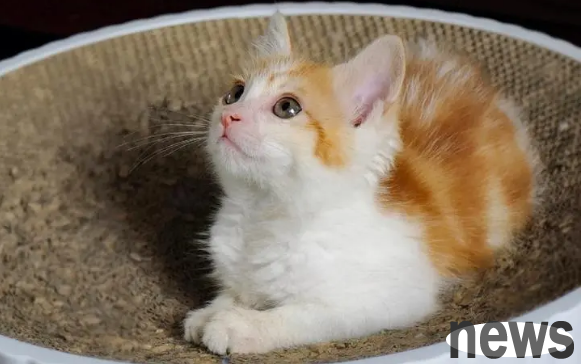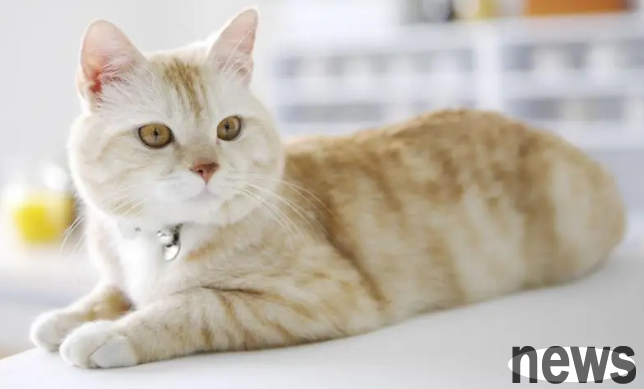The female cat will still be called after sterilization. Consider that it is caused by hormone residues in the body, postoperative pain, excessive hunger, wound infection, etc. If the wound recovers well after the operation, the female cat will stil...
The female cat will still be called after sterilization. Consider that it is caused by hormone residues in the body, postoperative pain, excessive hunger, wound infection, etc. If the wound recovers well after the operation, the female cat will still be called, which is a normal physiological condition and generally will not affect physical health. If the wound is not properly cared for after the operation and symptoms such as redness, swelling, and itching appear, the owner needs to take the female cat to the hospital for treatment in time to avoid aggravating the symptoms.

1. Hormone residues in the body
When the female cat is sterilized, the hormone production in the body will be reduced, but it will not disappear completely. A small amount of hormones will remain in the body. Therefore, after the female cat is sterilized, it will also snarl. This is a normal physiological phenomenon, and the owner does not have to worry too much.
2. Postoperative pain
Because the female cat needs to be injected with anesthetics when undergoing sterilization, the anesthetics will completely fail after the operation, and the female cat may feel pain, resulting in a constant chirping. If this happens, painkillers can be used to relieve it under the guidance of a doctor.

3. Excessive hunger
When a female cat is hungry, it usually reminds the owner to feed it by calling. If it keeps calling, it means that the female cat is not full. At this time, the owner should increase the amount of feeding to let the female cat eat full, and the screams will generally stop.
4. Wound infection
If the female cat does not disinfect and care for the wound after sterilization, it may cause the wound to become infected, and symptoms such as irritable personality, listlessness, and poor appetite may occur. In this case, it is recommended that the owner take the cat to the pet hospital for treatment in time. With the help of a doctor, the intravenous antibiotic treatment can effectively relieve the symptoms. During this period, wound care should also be strengthened. Disinfectant sprays can be used to spray the wound, which will be of certain help to the wound recovery.